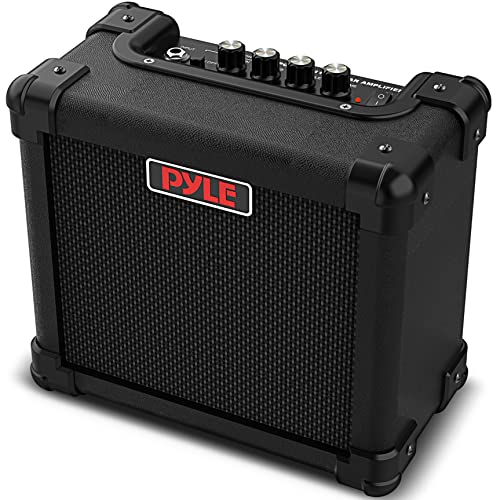JOEY B.
Well-known member
kdove said:Is there anything else that the owner of a 30 year old boogie amp needs to check?
If your '78 is like mine, I would say "your ears" :lol: . My MarkI sounds good at low to moderate volumes, but has a sweet spot just this side of free pest control. It can get in a tone zone that is in between the rhythm and lead channels of the MkII. It is very easy to tell why this is the amp that "started it all".






